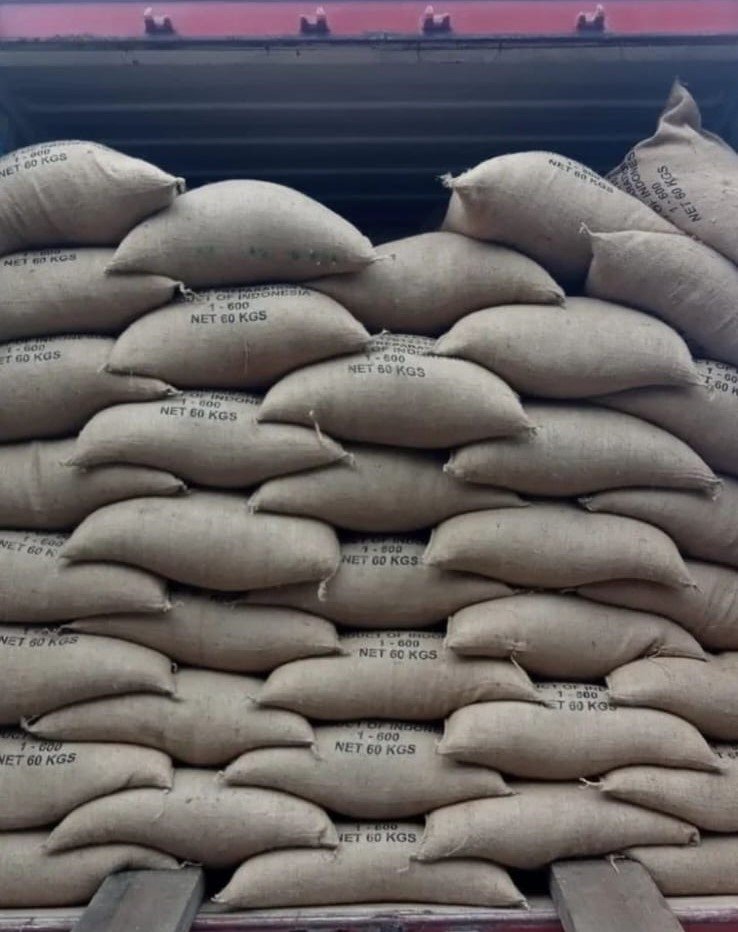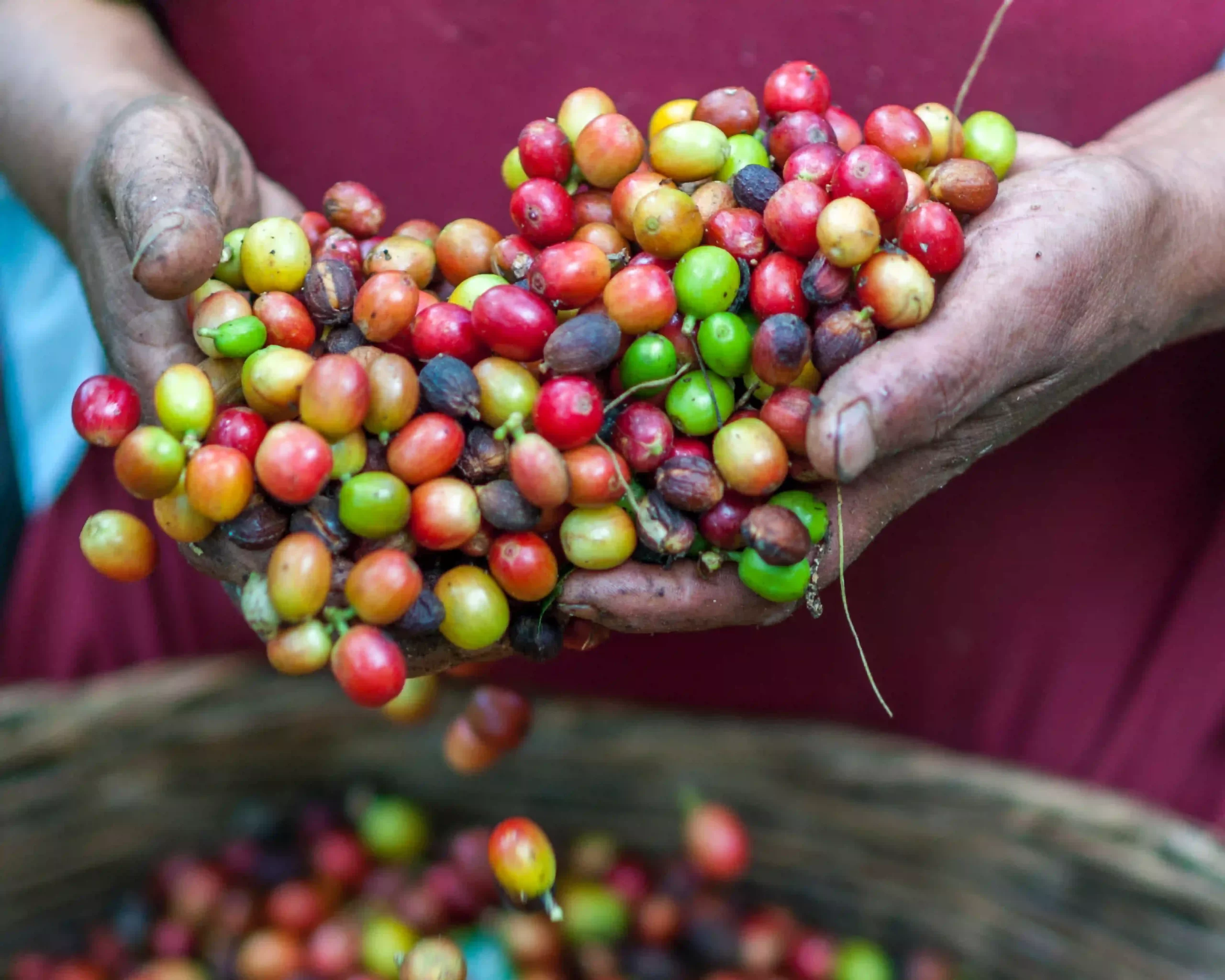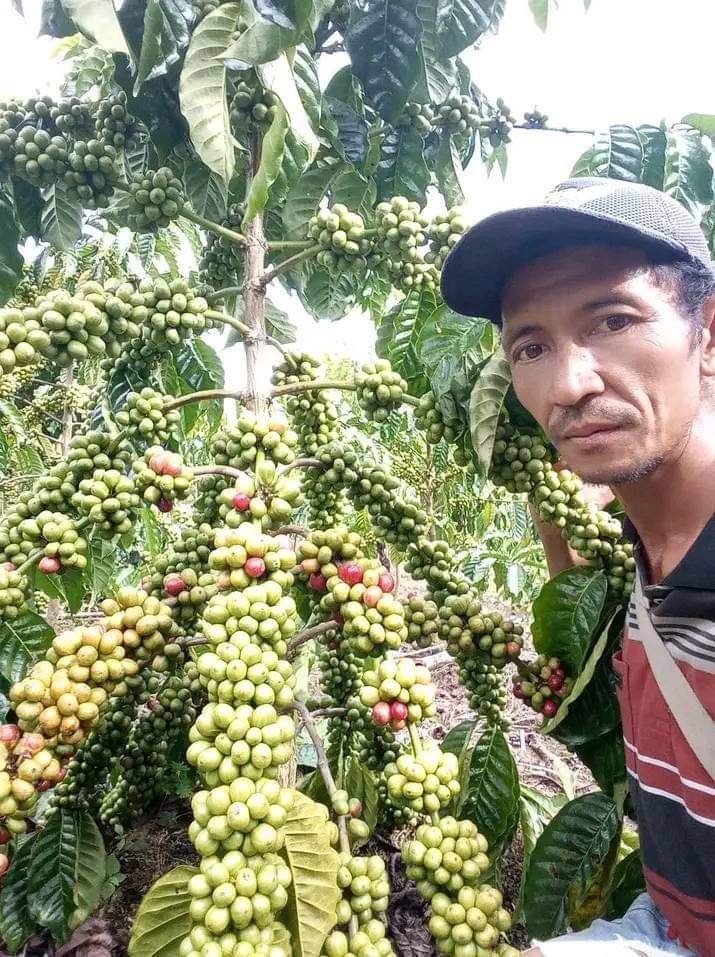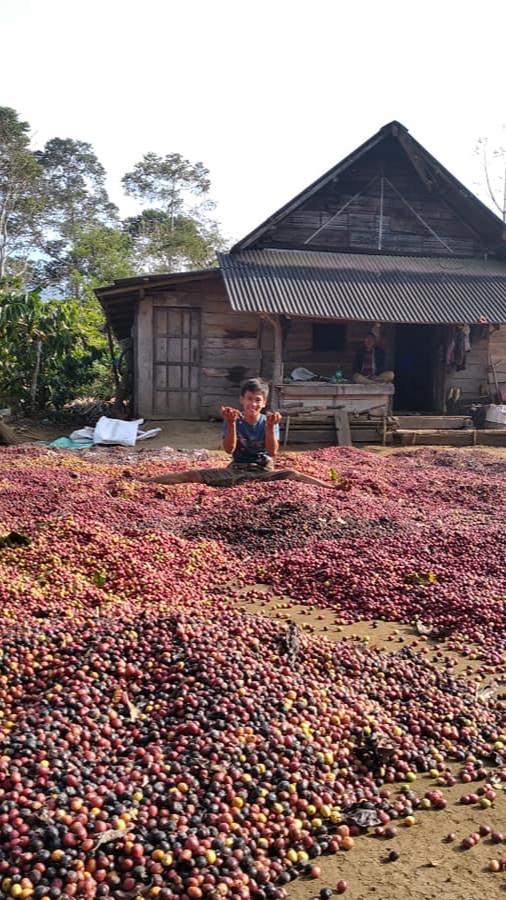Are you a coffee enthusiast who craves the freshest, most flavorful cup of joe? If so, you may have pondered the age-old question: should I buy my coffee beans through direct trade or wholesale? Both options have their merits, but finding the freshest raw coffee beans is essential for unlocking the true potential of your brew.
In this article, we will delve into the world of direct trade and wholesale coffee sourcing, exploring the benefits and drawbacks of each. Whether you prioritize supporting small-scale farmers and sustainable practices or value consistency and cost-effectiveness, we will guide you in making an informed decision. So grab your favorite mug and join us as we journey to find the freshest and most tantalizing raw coffee beans. Get ready to elevate your coffee experience to new heights!
Understanding the differences between direct trade and wholesale coffee
Two primary options for sourcing raw coffee beans are direct trade and wholesale. Understanding the differences between the two is crucial in determining which method aligns best with your needs and values.

Direct trade refers to a sourcing model where coffee roasters establish direct relationships with coffee farmers. By cutting out middlemen and brokers, direct trade allows for a more intimate connection between the buyer and the grower. This approach prioritizes transparency, quality, and fair compensation for farmers.
On the other hand, wholesale refers to purchasing coffee beans in large quantities from distributors or importers. This method often involves standardized pricing, consistency, and convenience. Wholesale suppliers can source coffee beans from various regions and offer a wide range of options to meet the needs of different businesses.
While direct trade and wholesale have advantages and disadvantages, the decision ultimately concerns your priorities and preferences. Let’s dive deeper into the pros and cons of each approach.
Pros and cons of buying coffee through direct trade
Direct trade offers several benefits, making it an attractive option for coffee enthusiasts who prioritize supporting small-scale farmers and sustainable practices.
One of the primary advantages of direct trade is transparency. Establishing direct relationships with coffee farmers allows buyers to understand the entire production process, from cultivation to harvesting and processing. This transparency ensures that ethical and sustainable practices are followed, contributing to a more positive impact on the environment and farming communities.

In addition, direct trade often leads to higher-quality coffee beans. The close relationship between the buyer and the grower allows for more active collaboration in improving farming techniques and post-harvest processes. This results in a more consistent and better-tasting product.
However, direct trade also has its drawbacks. One of the main challenges is the limited availability of direct-trade coffee beans. Since this approach focuses on small-scale farmers, the supply may not always meet the demand. Additionally, direct-trade coffee beans tend to be pricier due to the fair compensation provided to farmers. This higher cost may be a deterrent for businesses with budget constraints.
Pros and cons of buying coffee through wholesale channels
Wholesale coffee sourcing offers its own set of advantages and disadvantages. Let’s explore the benefits and drawbacks of this approach.
One of the key advantages of buying coffee through wholesale channels is consistency. Wholesale Coffee Beans Suppliers often work with multiple farmers and regions, providing various options. This allows businesses to maintain a consistent flavor profile and meet the demands of their customers.
Another significant benefit of wholesale sourcing is cost-effectiveness. Buying coffee beans in bulk often leads to lower prices per pound, making it an attractive option for businesses looking to maximize their profit margins. Wholesale suppliers usually have well-established distribution networks, ensuring prompt and reliable delivery.
However, wholesale sourcing also has potential downsides. One of the main challenges is the lack of transparency. With multiple intermediaries involved in the supply chain, it can be challenging to trace the origin and production practices of the coffee beans. This lack of transparency may not align with the values of businesses or individuals prioritizing ethical and sustainable sourcing.
Furthermore, buying coffee through wholesale channels may result in a compromise in quality. While there are reputable wholesale suppliers who offer high-quality beans, the sheer volume and standardization of the process may not always guarantee the same level of excellence as direct trade. You can choose us Indonesia Specialty Coffee, as your Green Coffee Beans Supplier.
Read also: Coffee Sampler Packs: Discover the Exquisite Aroma of Indonesian Coffee
Factors to consider when choosing between direct trade and wholesale coffee
Several factors come into play when deciding between direct trade and wholesale coffee sourcing. Considering these factors, you can make an informed decision aligning with your values and business goals.
1. Ethical considerations: If supporting small-scale farmers and sustainable practices is a priority for you, direct trade may be the preferred choice. However, if you cannot find direct trade options that meet your needs, sourcing from reputable wholesale suppliers who prioritize ethical sourcing (fair trade) can be a viable alternative.
2. Cost: Consider your budget constraints and the price range that works for your business. Direct trade coffee beans tend to be pricier, so assessing whether the higher cost is justifiable based on quality and ethical considerations is essential.
3. Availability: Assess the availability of direct trade and wholesale coffee beans in your region. Direct trade options may be limited, mainly if you operate in areas where small-scale farmers are not prevalent. In such cases, wholesale sourcing may be the more practical choice.
4. Quality: Determine the quality standards you expect from your coffee beans. Consistency and reliable flavor profiles are crucial, so wholesale sourcing may be a better fit. However, if you prioritize exceptional quality and unique flavor profiles, direct trade can offer a more personalized and artisanal experience.
By evaluating these factors, you can make an informed decision that balances ethical considerations, cost, availability, and quality.
Where to find direct trade coffee suppliers
Knowing where to find reliable direct-trade coffee suppliers is essential if direct trade aligns with your values and preferences. Here are a few avenues to explore:

1. Online platforms: Several online platforms connect coffee roasters with small-scale farmers engaged in direct trade. These platforms often provide detailed information about the farmers, their practices, and the coffee beans they offer. Some popular platforms include Cropster Hub, Direct Coffee, and Fair Trade USA.
2. Local coffee associations: Check if local coffee associations or cooperatives in your region promote direct trade. These organizations often provide resources and connections to facilitate direct trade relationships between buyers and farmers.
3. Specialty coffee events and conferences: Attend specialty coffee events and conferences to network with coffee farmers and roasters who prioritize direct trade. These events provide an excellent opportunity to learn about different sourcing methods and establish valuable connections.
Where to find wholesale coffee suppliers
If wholesale sourcing better suits your needs, here are some avenues to explore for finding reputable wholesale coffee suppliers like ISC.

1. Specialty coffee wholesalers: Look for specialty coffee wholesalers who focus on sourcing high-quality beans from reputable farms and regions. These wholesalers often provide detailed information about their coffee beans’ origin and production practices.
2. Trade shows and expos: Attend trade shows and expos focused on the coffee industry. These events bring wholesale suppliers, distributors, and industry professionals together, providing a platform to explore various sourcing options.
3. Online directories: Utilize online directories that list wholesale coffee suppliers. These directories often include reviews and ratings from other businesses, helping you gauge the reputation and reliability of potential suppliers.
Check out our green coffee beans products.
- Best Seller8 products
- Coffee Machine17 products
- Indonesia Arabica Green Coffee Beans19 products
- Indonesia Roasted Coffee Beans5 products
- Indonesia Robusta Green Coffee Beans5 products
- Specialty Coffee Beans11 products
Tips for sourcing the freshest raw coffee beans
Regardless of whether you choose direct trade or wholesale sourcing, here are some tips to ensure you end up with the freshest raw coffee beans:
1. Roast date: Check the roast date of the coffee beans. Fresher beans will offer a more vibrant flavor and aroma. Aim for beans roasted within the past few weeks for optimal freshness.
2. Packaging: Opt for coffee beans in airtight bags with one-way valves. These valves release carbon dioxide while preventing oxygen from entering the bag, ensuring the beans stay fresh for longer.
3. Storage: Proper storage is crucial for maintaining the freshness of coffee beans. Store them in a cool, dark place away from direct sunlight, moisture, and strong odors. Consider investing in airtight containers to protect the beans from exposure to air.
4. Single-origin coffees: Single-origin coffees often have a distinct flavor profile than blends. If you’re looking for unique and nuanced flavors, consider exploring the world of single-origin coffees.
By following these tips, you can ensure that the raw coffee beans you source are of the highest quality and freshness, regardless of the sourcing method.
Read also: Coffee and Environmental Sustainability: Nurturing the Bean and Protecting the Planet
Case studies of businesses successfully utilizing direct trade and wholesale coffee
To provide real-world examples of businesses effectively utilizing both direct trade and wholesale coffee sourcing, let’s explore two case studies.
Case Study 1: Nakny.id
Nakny.id is a local coffee shop and juice supporting small-scale farmers and sustainable practices. They prioritize direct trade relationships and source their coffee beans and fruits directly from farmers in the Sumatra region. By establishing these direct relationships, Nakny ensures transparency, fair compensation, and exceptional quality. This approach has resonated with their customers, who value ethically sourced coffee and fruits and enjoy the unique flavor profiles offered by the different farmers.
Case Study 2: ISC
We are a wholesale coffee supplier that caters to cafes and restaurants. We prioritize consistency, cost-effectiveness, and a wide range of options to meet the demands of our clients. We source coffee beans from reputable farms and regions, ensuring a reliable supply of high-quality beans. Our focus on standardized pricing, efficient distribution, and exceptional customer service has helped us build strong relationships with our clients.
These case studies illustrate how both direct trade and wholesale sourcing can be successful when implemented strategically and aligned with the values and goals of the business.
Conclusion: Finding the right sourcing method for your coffee business
In conclusion, searching for the freshest raw coffee beans can be an exciting journey that leads you to discover new flavors, support small-scale farmers, and positively impact the coffee industry. Whether you choose direct trade or wholesale sourcing, you must consider your priorities, budget, availability, and quality expectations.
Direct trade offers transparency, quality, and a more personalized experience, while wholesale sourcing provides consistency, cost-effectiveness, and convenience. You can find the sourcing method that best suits your coffee business by evaluating these factors and exploring the avenues mentioned in this article.
So, grab your brewing equipment, explore the world of direct trade and wholesale coffee, and let your taste buds embark on a delightful adventure. Cheers to finding the freshest raw coffee beans and unlocking the true potential of your brew!

